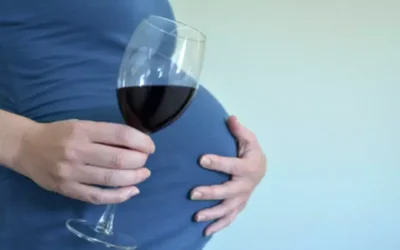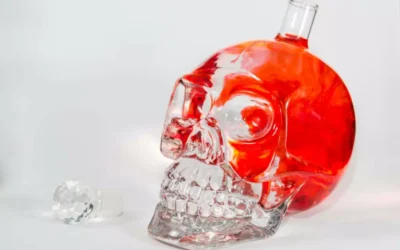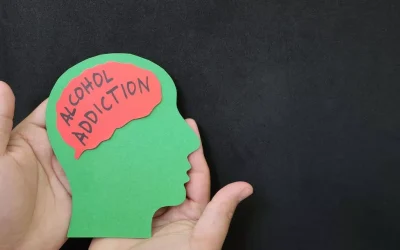If you’re in recovery from a substance use disorder, you already know how much work it took to achieve sobriety, and you’ll want to do everything possible to avoid having a relapse. It may seem that relapse is the last thing that could happen to you, but the truth is they are very common for people new to recovery. The first step in getting being sober around drinkers sober is getting help and treatment. Alcohol rehabilitation centers offer the support people need to stop their use and battle their addiction successfully. A central part of this is eating right and staying hydrated. Being sober for good means fighting a lifelong battle, and the body needs the right fuel to keep the mind sharp.

Things That Inevitably Happen to Your Personal Life When You Get Sober

This is a JOYOUS and wonderful thing because it easily sorts out the ones that have a weird relationship with alcohol, or the ones that just aren’t for you. It will hurt (pretty bad at first), but in time you will come to see it as the gift it is—and you won’t waste time getting to know the wrong person. You are a mirror now, a flashlight of sobriety in a society that is laced with the judgment that it’s abnormal to abstain from alcohol. People will assume you drink and will be very curious about why you don’t have a drink in your hand when they do. In these moments, I have to remind myself that recovery isn’t just about not drinking; it’s about remembering that I am first and foremost responsible for advocating for my own well-being and boundaries. This is an opportunity to assert for your needs, and therefore assert your worth.
Identifying Triggers and Avoiding Temptation
People in recovery from alcohol addiction often report alcohol cravings as a reason for relapse. If you’ve been curious about how to stop drinking alcohol and get sober, you might be wondering where to start. Keep reading to learn about steps you can take to stop drinking, take back control of your life, and how to get sober from alcohol to start the path to recovery and long-term sobriety. You’re allowed to have friends and a healthy social life when you’re in recovery. While you may feel it’s challenging to stay sober at social events early on, it’s important to have relationships with others. Strong cravings for alcohol can cause problems for alcoholics, as well as for people who don’t currently qualify for an alcohol use disorder diagnosis.
Give yourself permission to need support

Or maybe you’d still like to hang out together, but not in bars. You might even still like to do the same things—such as playing cards or watching movies together—but without alcohol. If you’re https://ecosoberhouse.com/ in early recovery, you’ll want to stay away from any situation where alcohol or drugs are involved for some time. These environments can trigger cravings and put you at risk of relapse.
Sobriety: Chrissy Teigen, more popularize sober curious lifestyles – USA TODAY
Sobriety: Chrissy Teigen, more popularize sober curious lifestyles.
Posted: Wed, 10 Mar 2021 08:00:00 GMT [source]
Recognize Signs and Warnings of Relapse
- The new UNICEF-WHO report also includes progress on broader access to water, sanitation, and hygiene in schools.
- When you and your friend go somewhere together, it’s a great show of support to decline alcohol alongside them.
- Whenever possible, ask a friend or relative to attend a social event with you sober.
- There are more kids now than in previous years (all my siblings and cousins have been busy breeding!) so it’s less boozy than it used to be, but still the 5 o’clock habit is there.
- It is a good idea for recovering addicts to work with a nutritionist to develop the best diet plan.
- Alcoholism tends to be fueled by underlying mental health conditions, from PTSD to low self-esteem.
- So your bold, life-improving decision to not drink will mean changes almost everywhere you look.
- Remember, you’re not alone; there are resources available to help you stay focused on sobriety.
Uncover how perceived benefits shape our relationship with alcohol.
- This subreddit is a place to motivate each other to control or stop drinking.
- I’ve included this separate from hobbies because I don’t believe that journaling is a hobby.
- Studies have examined individuals who began drinking again after 16 years without alcohol.
- This may require opening new lines of communication that brings you out of your comfort zone.
- Long-term treatment offers comprehensive support for lasting sobriety.


